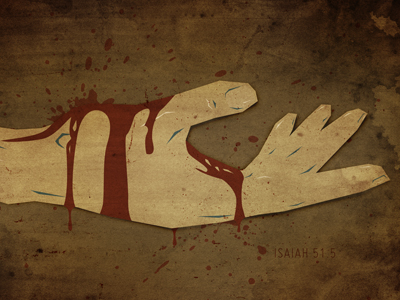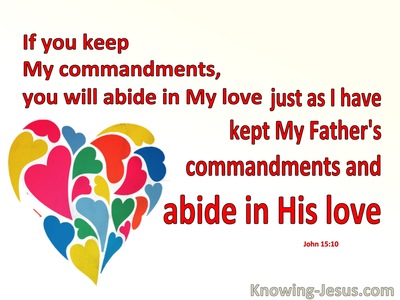“And I, if I be lifted up from the earth, will draw all men unto me” John 12:32
Come, ye workers, be encouraged. You fear that you cannot draw a congregation. Try the preaching of a crucified, risen, and ascended Saviour; for this is the greatest “draw” that was ever yet manifested among men.
What drew you to Christ but Christ? What draws you to Him now but His own blessed self? If you have been drawn to religion by anything else, you will soon be drawn away from it; but Jesus has held you, and will hold you even to the end. Why, then, doubt His power to draw others? Go with the name of Jesus to those who have hitherto been stubborn, and see if it does not draw them.
No sort of man is beyond this drawing power. Old and young, rich and poor, ignorant and learned, depraved or amiable — all men shall feel the attractive force. Jesus is the one magnet. Let us not think of any other.
Music will not draw to Jesus, neither will eloquence, logic, ceremonial, or noise. Jesus Himself must draw men to Himself; and Jesus is quite equal to the work in every case. Be not tempted by the quackeries of the day; but as workers for the Lord work in His own way, and draw with the Lord’s own cords.
Draw to Christ, and draw by Christ, for then Christ will draw by you.






